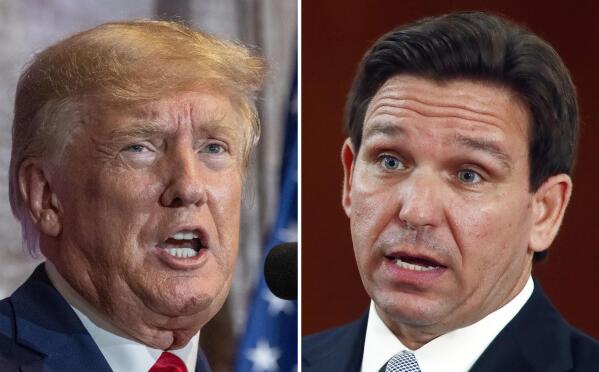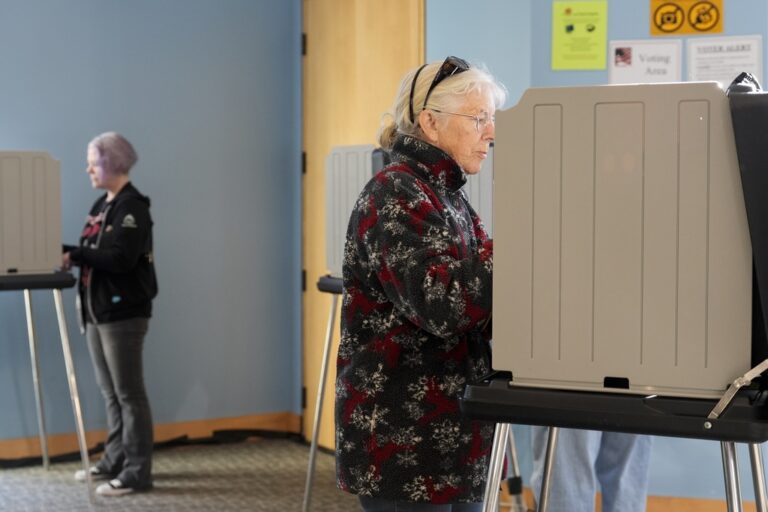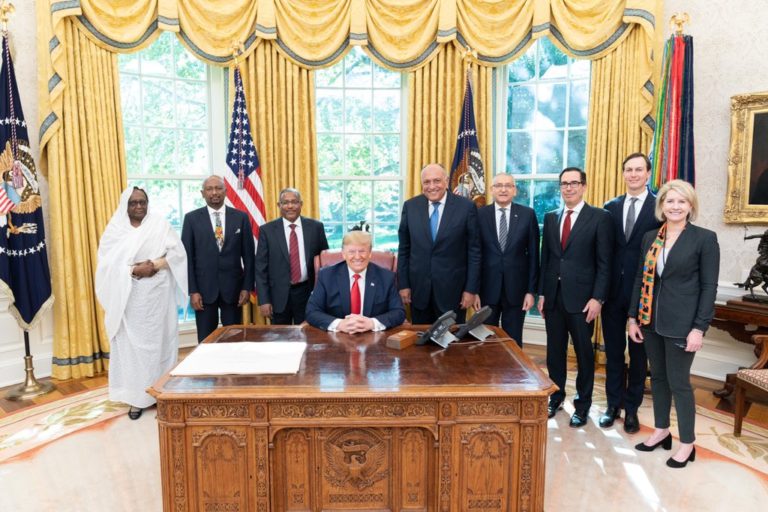
Every presidential election cycle, I get unreasonably excited to watch presidential debates. Something about the lack of coherence, the dodging of questions, and the overall contentious nature of the event brings me a twisted sense of joy.
This year, like any other, I sat down to watch the GOP presidential debate, specifically the second, for the upcoming 2024 presidential election on September 27th. As usual, I had a good time and my knowledge of any of the platforms of any of the seven candidates progressed marginally if at all. As an Indian-American, I was interested to see what Vivek Ramswamy and Nikki Haley had to say about contemporary political issues. Instead, they gave me a heated debate about TikTok, some ad hominem, and useless platitudes. Great headline material, but terrible discourse.
Ironically enough, in spite of all the dramatic flair on stage, the headline of the night was not one of the seven participants. Rather, the spotlight shone on the one man that did not attend: former president Donald J. Trump. No matter how hard any candidate tries, the GOP cannot outrun Trump’s shadow despite the turbulence in his personal and political life as of the past few years.
Following the second GOP debate, Donald Trump still holds the highest share of voter consideration in the primaries at 63.9%, trouncing the next highest share belonging to Ron DeSantis, who sits at 51.9%. Why does he remain so popular despite the fact that he lost in 2020 and is facing a number of criminal changes?
A few factors come into play here. First is his pseudo-incumbency bias. Sure, he doesn’t hold office now so by technicality he does not have the title of the incumbent. However, much of his supporter base believes that he did not lose the 2020 election. In fact, a poll in March of 2023 found that 63% of Republican/Republican-leaning voters do not believe the election was fair. In their minds, Trump still has the right to the presidency and that ideally this upcoming election will rectify his rightful position once again. Donald Trump is the incumbent to them, and therefore holds the aforementioned bias. The incumbency bias is a well-documented phenomenon within American politics. Specifically in 2020 general elections, over 90% of incumbent candidates on average won their respective elections whether it be at the local, state, or federal level. Of course, the presidential election is at a far grander scale, but it’s fair to say that Trump’s pseudo-incumbency holds a significant amount of weight.
It’s not just his pseudo-incumbency alone, however. As the party’s most recent representative as Commander-in-chief, Trump also has a strong legacy of perceived success. As of July 2023, thirty-seven percent of Republican and Republican-leaning voters believe that Trump has been the best president of the past four decades, only beaten out by Ronald Reagan who holds a forty-percent share. Though he lost in 2020, he remains a powerful figurehead in the eyes of Republican voters, so much so that he stands only with Reagan. His voter-base is so dedicated, that 68% of Trump voters already have Trump set as their primary candidate as opposed to only 50% of voters for other Republican candidates being set on their candidate.
How did he cultivate such a loyal following? The answer lies in his cult of personality. Trump often gets credit, from detractors and supporters alike, for his ability to emotionally move and politically mobilize a crowd of citizens, whether it be at the polls, at protests and rallies, or even at government buildings as seen on January 6th. His fiery rhetoric often emphasizes and takes advantage of the divisive nature of modern American politics. He crafts a narrative of “us” versus “them.” He talks about the American citizen vs. the illegal immigrant, the family vs the Democratic party, the American Dream vs. socialism. He portrays himself as the man who strives to protect the hard-working Americans from “The Establishment,” with infamous catch phrases such as “drain the swamp” and “stop the steal” aimed at stoking fears of corruption and inserting himself as the hero. In his words, “I alone can fix it.”
In an era of American history where misinformation runs rampant through different sources of media (in 2016, 51% of Americans say they saw inaccurate news at some point), Trump’s ability to control the narrative captivates a confused audience looking for an answer.
None of the other seven candidates have this unique ability. Ron DeSantis, Trump’s most likely rival, doesn’t even hold a candle to Trump. Despite having the arguably most political clout out of any of the other candidates as the governor of Florida, a prominent red state, he remains far behind Trump. It’s possible that DeSantis’s biggest policy platform, the fight to “protect the children” from what he views as predatory policies in public schools, is his undoing at the polls. Simply put, education does not move voters the same way other policy areas do. A poll from the Pew Research Center revealed that public education quality is beat out by eight other policy areas in the portion of Republican voters that see it as a very big issue.
Even Mike Pence, Trump’s vice president, garners little support, displayed by his lack of voter consideration and poor debate performance. Haley, Burgum, Ramaswamy, and Scott all feel inconsequential as of now.
As the GOP primaries creep closer and closer, it looks increasingly more likely that Trump will once again be the Republican nominee. No matter how one views the former president, his gravity far outweighs those of his contemporaries. If he can perform against the Democratic candidate, however, only time will tell.



